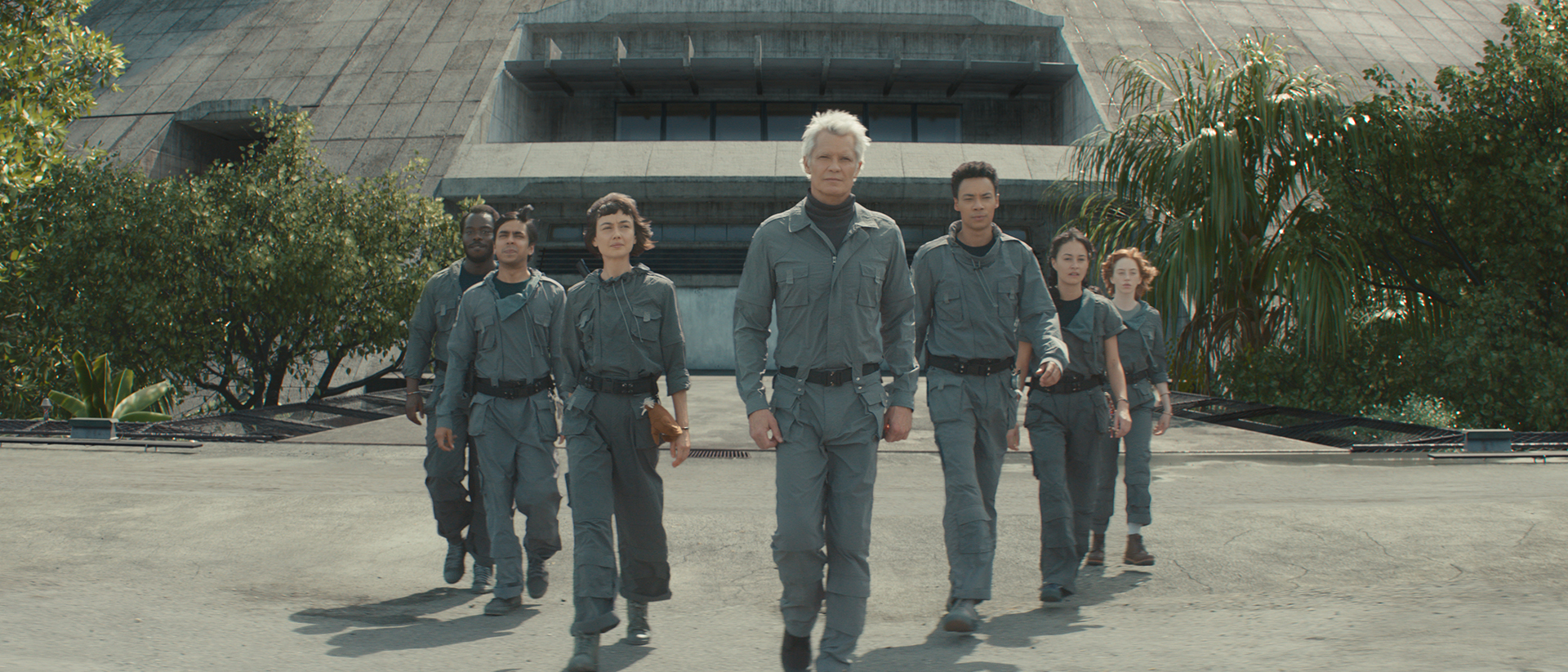TechRadar Verdict
Another unmissable TV series from Fargo creator Noah Hawley that owes as much to Jurassic Park and Peter Pan as it does to its Alien movie siblings, Alien: Earth continues the sci-fi horror franchise's renaissance period in confident, thrilling, and spine-chilling fashion.
Why you can trust TechRadar
Light spoilers follow for Alien: Earth episodes 1 through 6.
Nearly 50 years have passed since Ridley Scott terrified audiences with 1979's Alien. In the decades since, the sci-fi horror movie has spawned its own film franchise, had crossovers with other big-name properties including Predator, Star Wars, and Marvel, and inspire countless numerous other scary extraterrestrial flicks.
It's only now, though, that the hair-raising property has made the facehugger-style leap to the small screen with Alien: Earth – and the good news is that it's been worth the wait. Armed with a near-perfect blend of nostalgia and contemporary long-form storytelling, Alien: Earth breeds a new kind of monstrous tale that made this Alien fan's chest burst with joy.
Man or machine
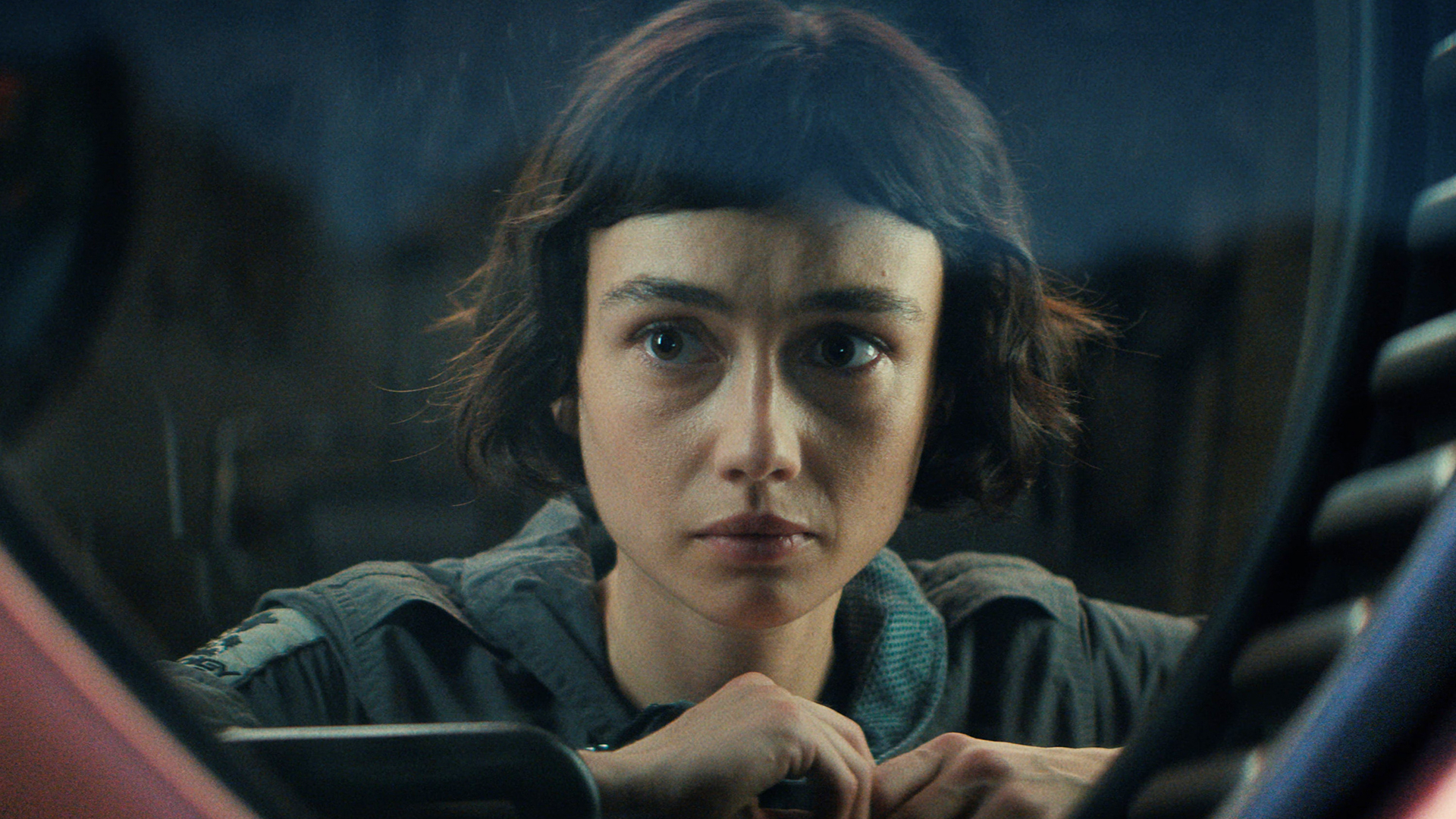
Set in the year 2120, Alien: Earth begins by telling us that the five megacorporations that rule the planet – Weyland-Yutani, Dynamic, Threshold, Lynch, and Prodigy – are in a race to unlock human immortality by any means necessary.
The last of that quintet is closest to achieving that aim. Led by the trillionaire tech wonderkid Boy Kavalier (Samuel Blenkin), Prodigy successfully transfers the consciousness of a child named Marcy into a synthetic body.
The resultant prototype is a Hybrid called Wendy (Sydney Chandler), whose supercomputer-like humanoid body is soon put to the test when the MSCSS Maginot, a deep-space research vessel owned by Weyland-Yutani, crash-lands on Prodigy City. Alongside five other Hybrids and their android mentor Kirsh (Timothy Olyphant), Wendy soon encounters numerous terrifying alien lifeforms who pose a significant threat to everyone on Earth.
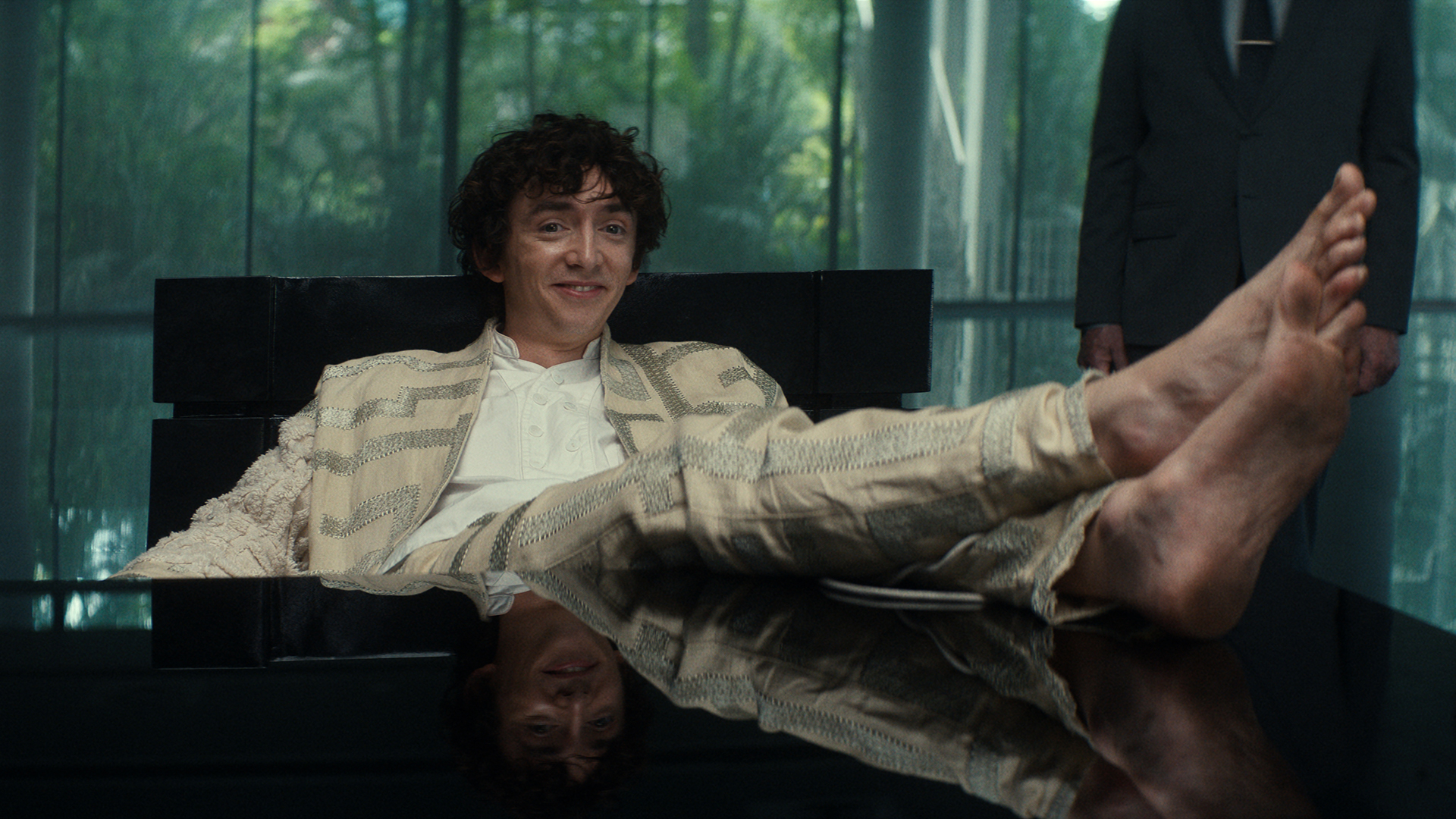
Timeline-wise, Alien: Earth takes place just two years before Alien, so it's not a surprise that episode 1's opening minutes capture the essence of the 1979 Scott-directed flick. Okay, it doesn't recreate Alien's own introductory sequence per se. But, whether it's the Maginot crew exiting cryosleep, the subsequent mess-hall scene, use of crossfades, and/or the inclusion of a ginger cat, Alien: Earth is a prequel that disregards other projects set before Alien, including Prometheus and Alien: Covenant, and evokes sentimentality for the original movie.
Sign up for breaking news, reviews, opinion, top tech deals, and more.
Alien: Earth evokes the spirit of its movie sibling from the get-go
That said, I found the opening 25 minutes to be quite messy. Sure, its weird pacing, jarring tonality, and artistic flair elicit a sense of suspense and dread, but its atmosphere and rhythm are frustratingly upended by superfluous quick cuts as the FX TV Original tries to find its footing.
Just when you think Alien: Earth is nothing more than nostalgia bait for Alien, though, a narrative switch is flipped that takes it in a completely different direction, and soon helps its story hit its stride.

Indeed, while the fearless albeit naive Wendy volunteers herself and her fellow Hybrids, aka The Lost Boys – these aren't the only narrative parallels to Peter Pan in Alien: Earth – to aid the Prodigy City search and rescue operation, she also does so in a bid to track down her biological brother Joe (Alex Lawther). Their familial dynamic is the beating heart of the entire show and, like Rain and Andy's surrogate sibling relationship in Alien: Romulus, it explores the emotional complexities of a bond between an artificial being and someone who's 100% human with aplomb.
I was completely absorbed by tête-à-têtes involving the super-companies
Alien: Earth also examines the uneasy truce between the Alien universe's multinational biotech powerhouses.
Until now, Weyland-Yutani is the only one of these profit-driven institutions we've really seen. Alien: Earth creator Noah Hawley's decision to place Prodigy front and center, then, is designed to place Weyland-Yutani on the back foot as it tries and fails to recover its incredibly dangerous extraterrestrial cargo, and positions them as an underdog to their fellow industry giant.
I was completely absorbed by tête-à-têtes involving the super-companies as the cocksure Kavalier runs rings around his peer at Yutani (Sandra Yi Sencindiver), and such meetings certainly put a novel spin on franchise lore – other parts of the Alien mythos are scrutinized and/or added to, but I won't spoil them here – that suggests Weyland-Yutani wasn't always the number one megacorp in the land.
It's a pity that Threshold, Lynch, and Dynamic are more conspicuous by their absence – although they could show up in this season's final two episodes, which I haven't seen yet. Their time might also come if Alien: Earth is renewed for another season – and if it is, I'd love to see how they stack up against their similarly power-hungry competitors.
Creature feature
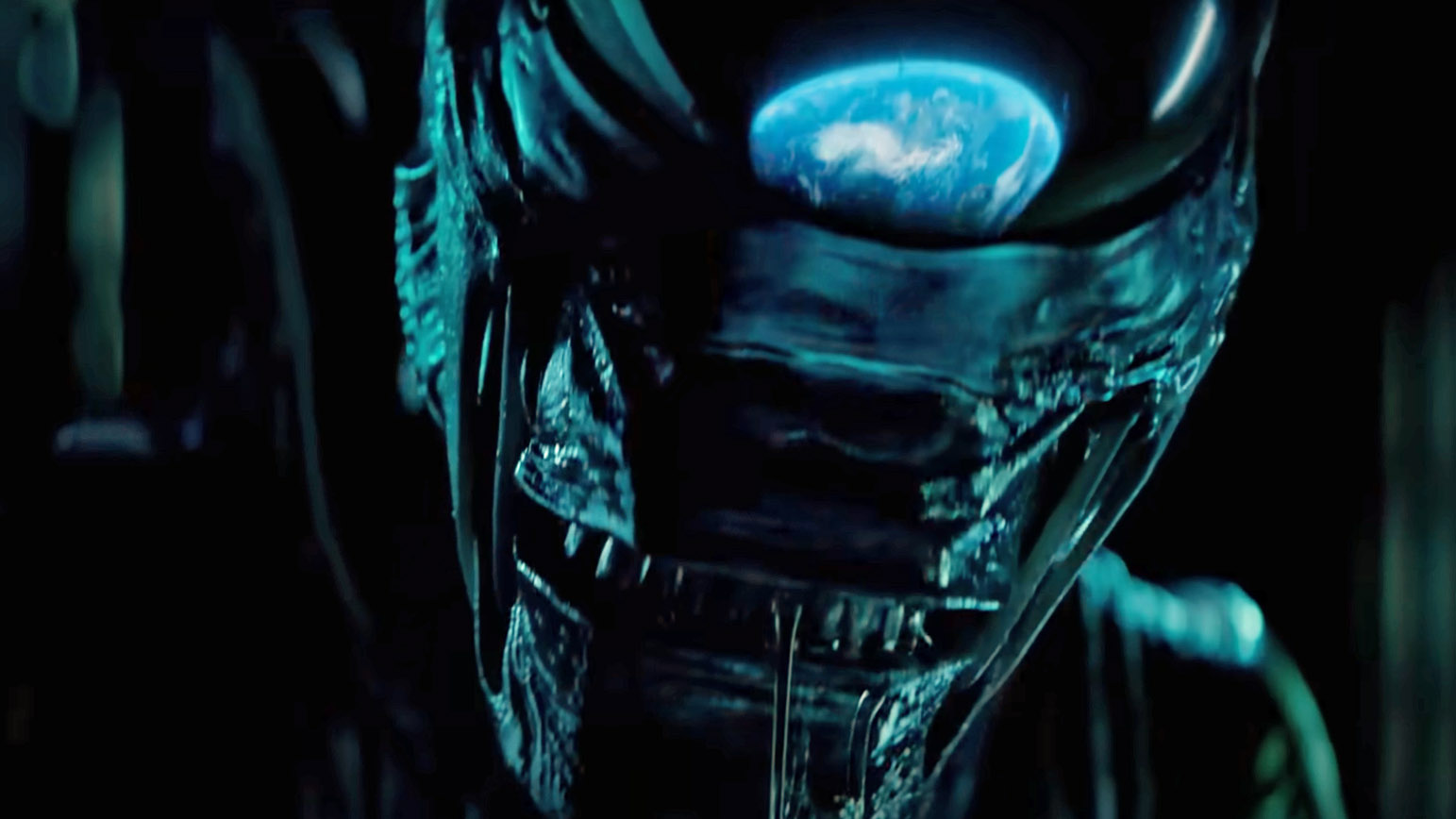
Really, though, we're all here to see the franchise's famed Xenomorphs do what they do best: kill. Unlike Alien, which held back the Xenomorph's grand reveal to build tension, it doesn't take long for the nightmare-inducing endoparasitoid to appear in Alien: Earth, with the first Xenomorph surfacing very early on in its premiere to make light work of the Maginot's unfortunate crew.
Alien: Earth also introduces four new frightening creatures who add their own freakish flavor to proceedings
Alien: Earth also introduces four new frightening creatures – some, such as the highly-intelligent organism referred to as The Eye, get more to do than others – from the far-flung corners of the universe who were first teased in Alien: Earth's official trailer, and who add their own freakish flavor to proceedings.
Indeed, after they're transported from the New Prodigy crash site to Kavalier's secret research center called Neverland (I warned you that the Peter Pan references weren't done) they soon become the focus of Prodigy's immoral founder at the expense of his Hybrid program. In that sense, Alien: Earth reminded me of Jurassic Park – i.e., a reckless CEO and his mostly loyal band of scientists experimenting (read: playing God) on dangerous creatures at a remote location.
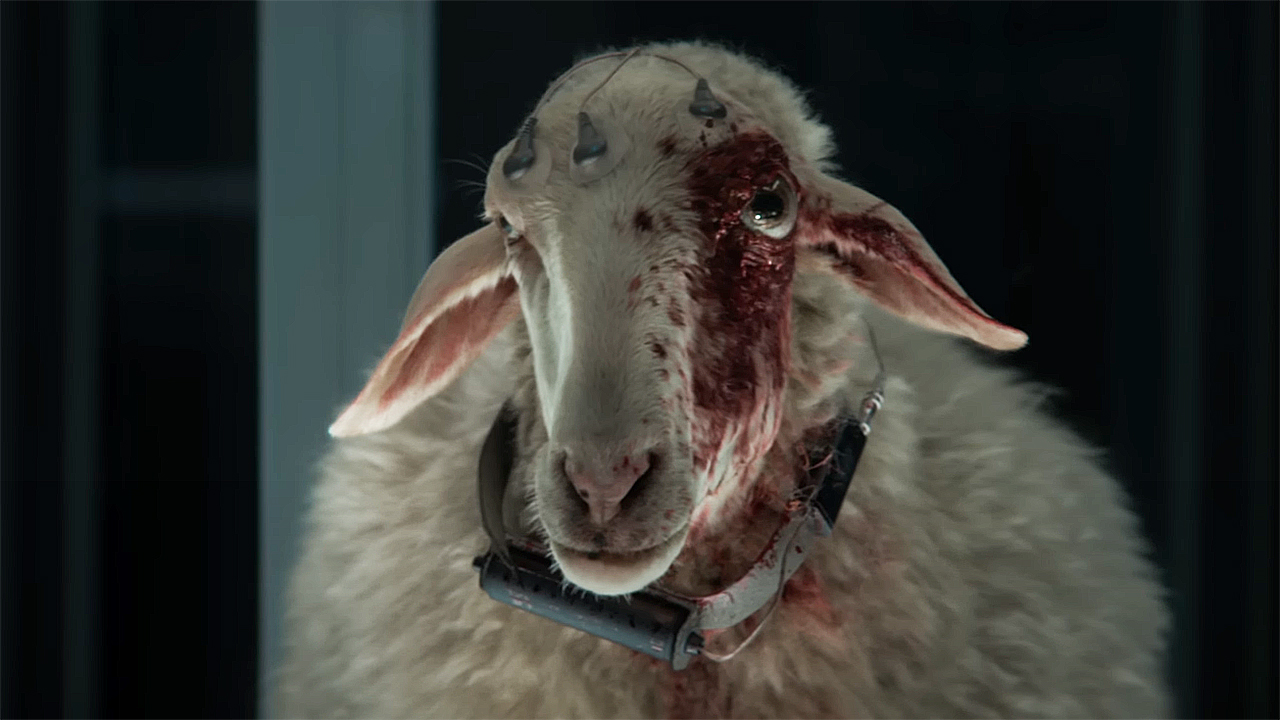
It's from this point on that the relative stillness of the sci-fi drama that punctuates Wendy's side of the story is slowly and purposefully countered by the increasing sense of dread of the aliens eventually breaking out of confinement. It's a smoldering powder-keg that threatens to explode at any moment, and I was on tenterhooks waiting for things to go horribly wrong. For a property steeped in hyperviolence, Alien: Earth builds up more than enough tension to fill the vastness of space, but it eventually releases the pressure valve in typically – and delightfully – brutal and gory fashion as its huge ensemble becomes canon fodder for the deadly quintet.
Alien: Earth's life-threatening, otherworldly beings aren't the only monsters who populate its story. Whether it's the show's scheming tech bro in Kavalier, or the show's android contingent, including Kirsh and Weyland-Yutani cyborg Morrow (Babou Ceesay) who operate in the morally gray, it's full of human characters and artificial creations alike who are as sinister, clever, uncompromising, and/or unsympathetic as the bioweapons they experiment on – or, in Morrow's case, want to recover for his employer.
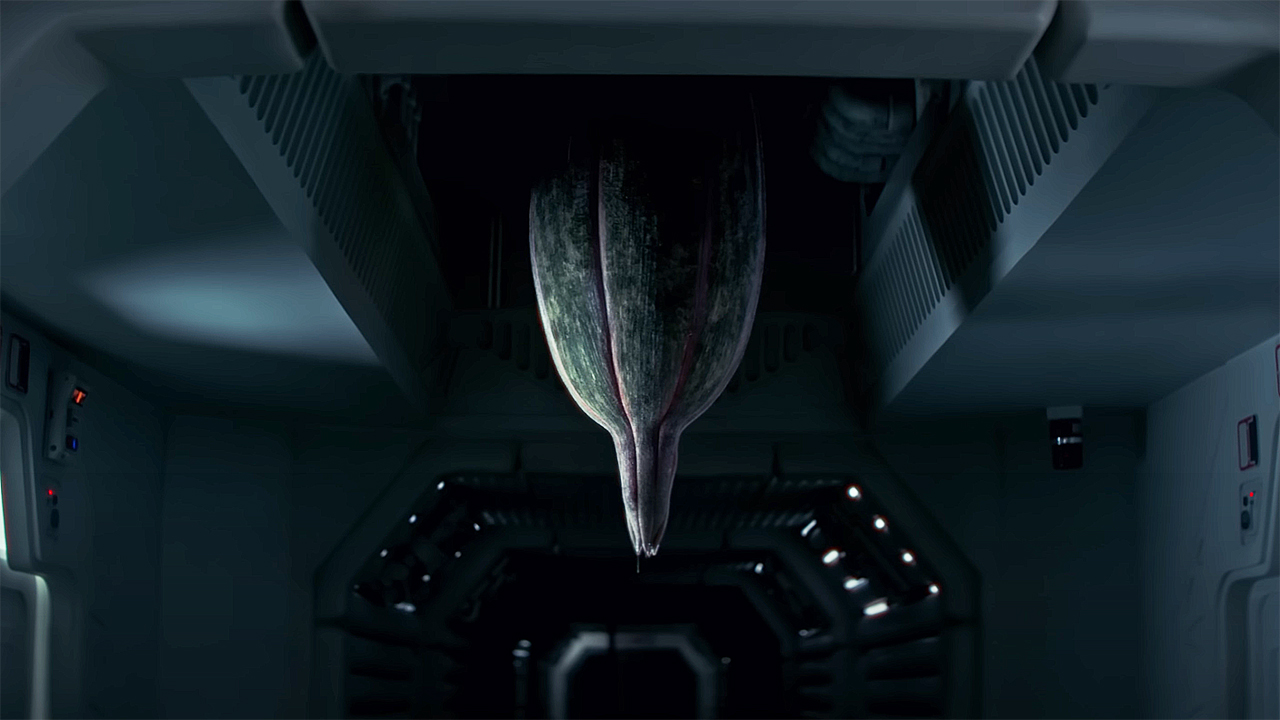
It's ethically minded people, such as Prodigy scientist Arthur Sylvia (David Rysdahl), plus Wendy and The Lost Boys – Slightly (Adarsh Gourav), Smee (Jonathan Ajayi), Curly (Erana James), Nibs (Lily Newmark),and Tootles (Kit Young) – who are predictably caught in the crossfire of the series' corporate bureaucracy, morally corrupt individuals, and lethal lifeforms. The slow unraveling of Prodigy's artificially constructed family, which also includes Arthur's fellow researcher and wife Dame Sylvia (Essie Davis), is an engrossing car crash that I couldn't look away from, and I'm desperate to see how things continue to implode in this season's final two episodes.
The slow unraveling of Prodigy's artificially constructed family is an engrossing car crash I couldn't look away from
I hope there are more interactions, albeit belated ones, between Alien: Earth's Hybrids in chapters 7 and 8, and/or in future seasons, too. With so many subplots and specific dynamics to dedicate time to, it doesn't leave much room to explore the relationships between these artificial kidults. Some of Alien: Earth's most nuanced moments involve sequences where their camaraderie and conflicting perspectives are on full view, so I'm keen to see more moving forward – that is, as long as they survive this season's finale.
My verdict
Alien: Earth is a facehugging delight. Like Alien: Romulus, it confidently re-energizes the fan-favorite property with a well-cast and well-crafted dystopian story that pleasingly meters out its mix of sci-fi horror, psychological thriller, action, drama, and even disaster elements without one or more of its genres suffocating the others.
With a reportedly sizeable production budget, it's a stylish slice of prestige television that carves out its own space and identity while staying true to what's come before. I'd even go so far as to suggest that it grants some Alien fans' long-held wishes by combining the best bits of the '79 original and its more action-oriented '86 sequel Aliens, too.
Sure, it's not without its issues. Its narrative occasionally drags around the show's midpoint, and some characters aren't as fully formed as they could be. I'm also going to slightly contradict what I said earlier about Alien: Earth's penchant for nostalgia bait, because its fifth episode – a Morrow-fronted whodunit-style flashback entry that provides context about the Maginot's eventual crash – is arguably my favorite entry of the six I saw.
Overall, though, Alien: Earth fully deserves a spot in our best Hulu shows and best Disney+ shows guides – and I'll scream that from the rooftops so everyone can hear me.
Alien: Earth will launch with a two-episode premiere on Tuesday, August 12 on Hulu (US) and Wednesday, August 13 on Disney+ (internationally). New episodes air weekly.
As TechRadar's senior entertainment reporter, Tom covers all of the latest movies, TV shows, and streaming service news that you need to know about. You'll regularly find him writing about the Marvel Cinematic Universe, Star Wars, Netflix, Prime Video, Disney Plus, and many other topics of interest.
An NCTJ-accredited journalist, Tom also writes reviews, analytical articles, opinion pieces, and interview-led features on the biggest franchises, actors, directors and other industry leaders. You may see his quotes pop up in the odd official Marvel Studios video, too, such as this Moon Knight TV spot.
Away from work, Tom can be found checking out the latest video games, immersing himself in his favorite sporting pastime of football, reading the many unread books on his shelf, staying fit at the gym, and petting every dog he comes across.
Got a scoop, interesting story, or an intriguing angle on the latest news in entertainment? Feel free to drop him a line.
You must confirm your public display name before commenting
Please logout and then login again, you will then be prompted to enter your display name.
